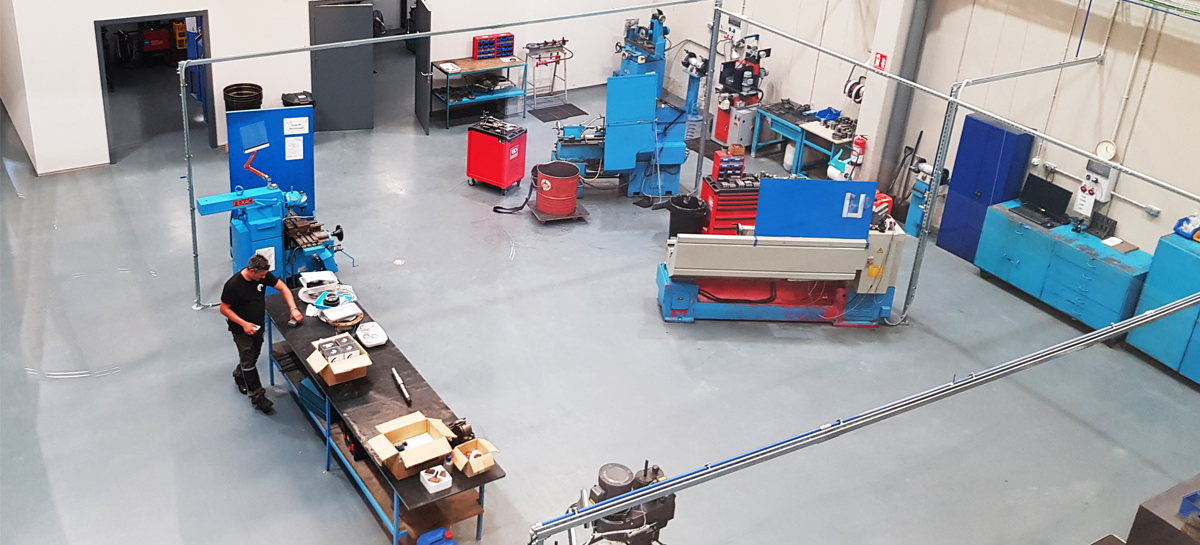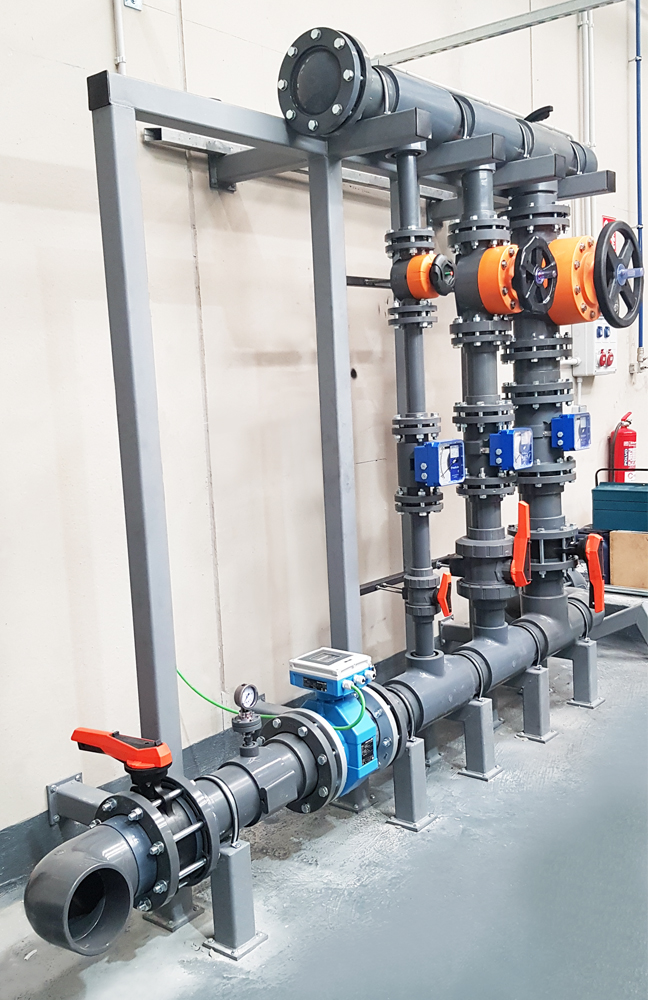Our knowledge and experience in mounting mechanical seals has enabled us to go one step further by being able to repair and improve the behaviour of pumps. At our facilities in Tarragona, we analyse pumping equipment behaviour and failures, and determine the most appropriate type of mechanical seal.

The main problems we usually find in the pumps we have to repair are:
Leaks: they are the cause of half the problems we encounter that require improvement, according to statistics. In the case of aggressive chemicals, these leaks may pose a danger to people and to the environment.
Vibrations: Their origin lies in different factors, such as misalignment, problems with belts and/or pulleys, damage to bearings, resonances, cavitation, mechanical play, pipe turbulences, etc.
Flow and pressure: Working outside the adequate point of the pump curve (flow rate-pressure ratio) gives rise to a reduction in the pump performance, and can also generate problems such as cavitation. We perform the following verification tests based on this value.
Overheating: When a pump is operating and its temperature rises to above the normal working temperature, this means there is a mechanical or electrical problem. Mechanical problems include friction between moving parts such as support rings or jammed bearings. Electrical problems include low voltage, damaged capacitator, damaged winding and work overload in the equipment.
After repairing the pump it must be checked by conducting tests under conditions that are as close as possible to real conditions. Depending on the work characteristics and pressures, we can conduct static or dynamic tests to determine whether or not there are leaks, whether there is noise due to friction, mechanical play, turbulence and so on. At the request of the client we can also conduct the test on our dynamic test bench or on-site.

Depending on the type of pump, we can conduct the following tests:
Static tests: With high pressure pumps (up to a maximum of 50 bar).
Dynamic tests:
- With motor (up to <5kW) and at working pressure values of up to 8/9 bar. The test conditions will be based on the point of the curve provided by the client (flow rate/pressure).
- Without motor (5-30kW) and at working pressure values of up to 8/9 bar. The test conditions will be based on the point of the curve provided by the client (flow rate/pressure).



